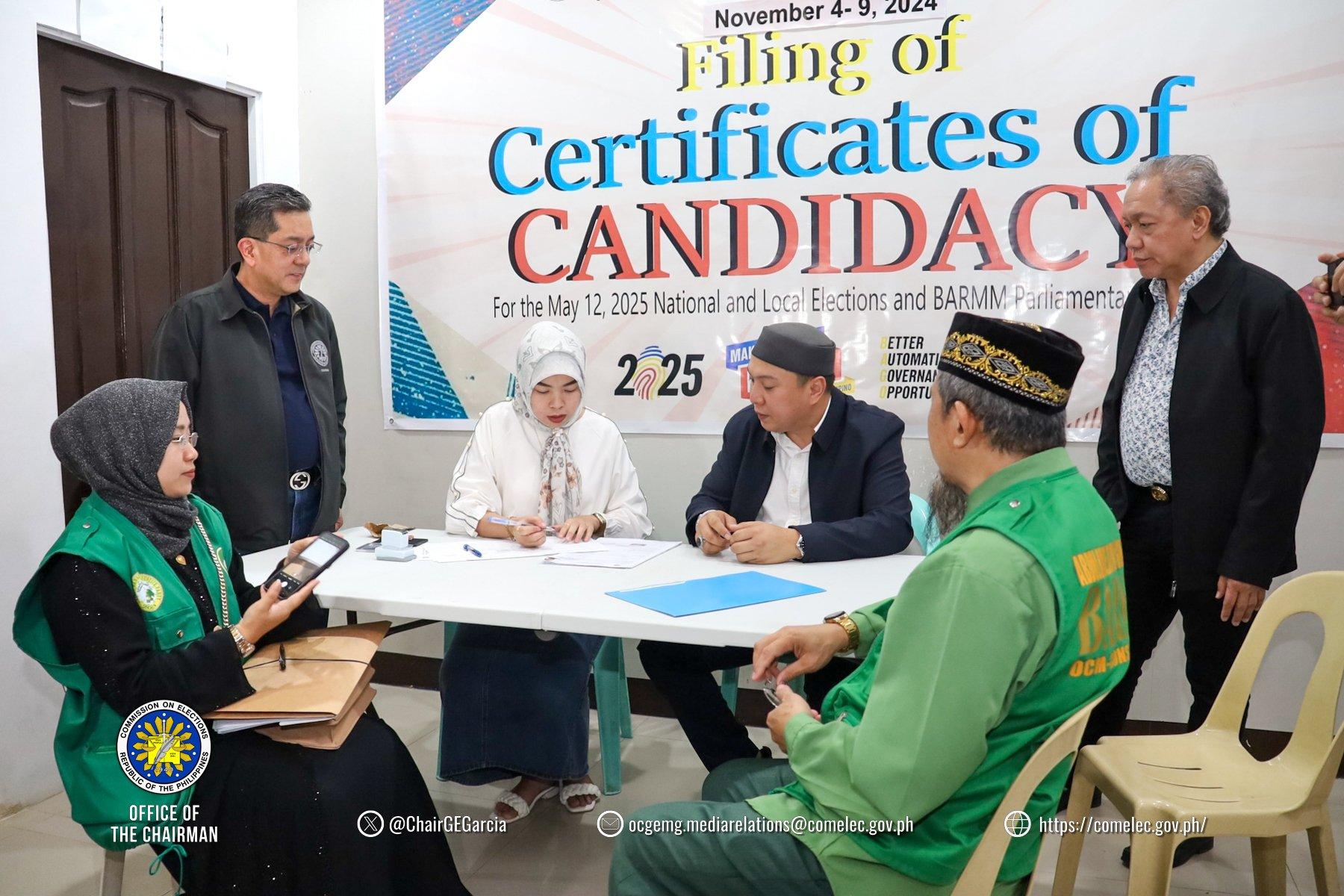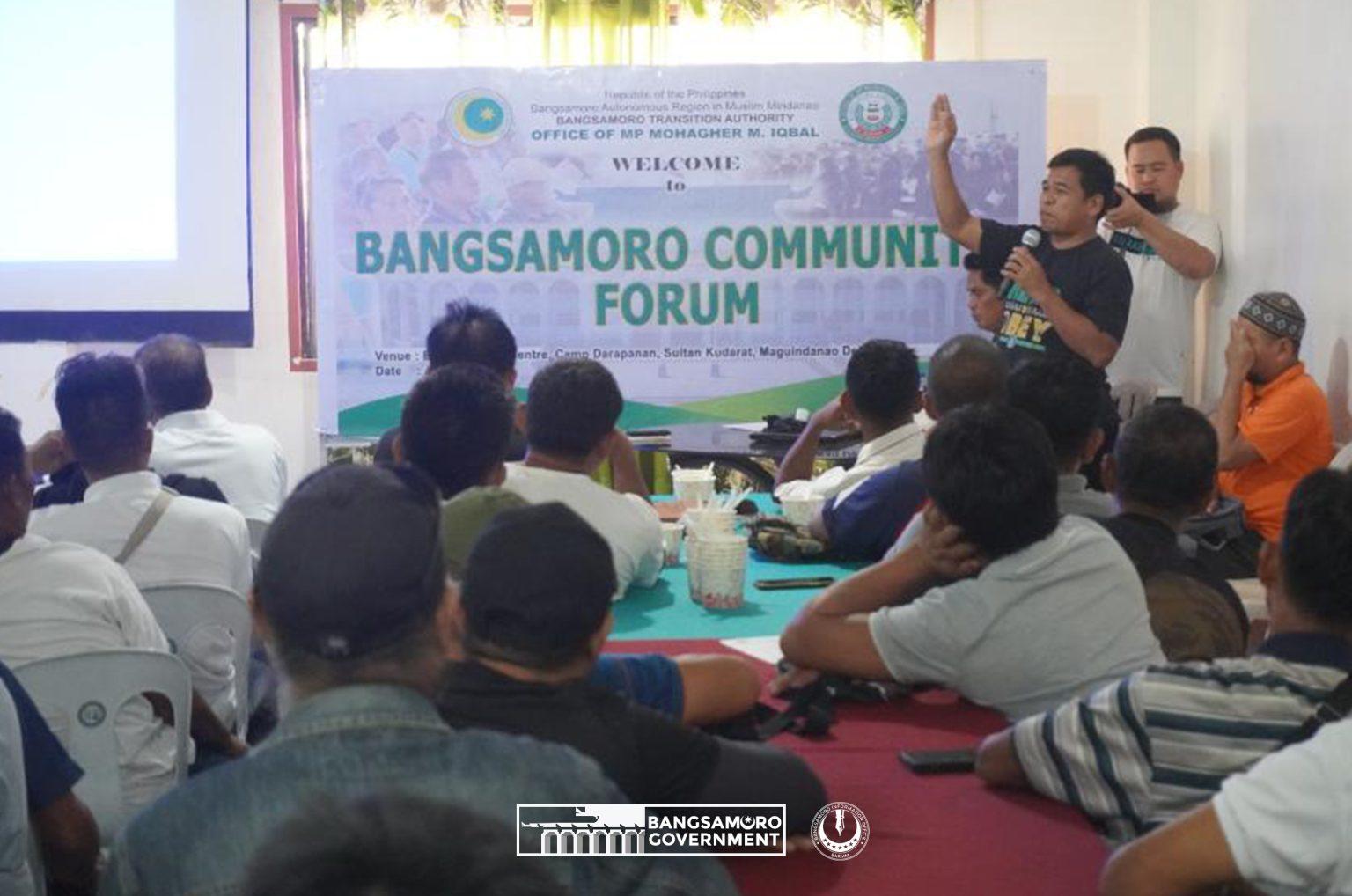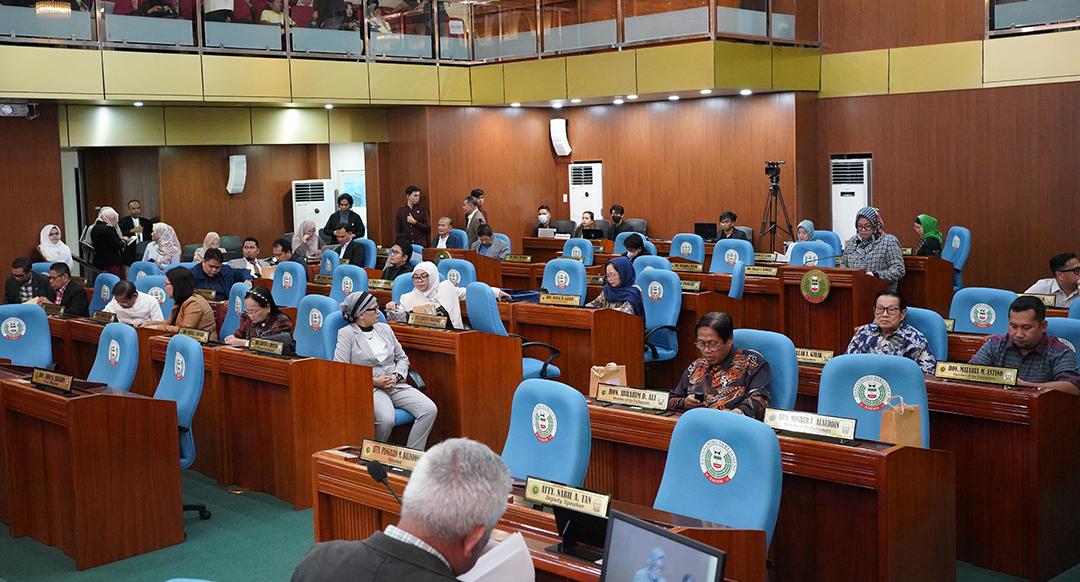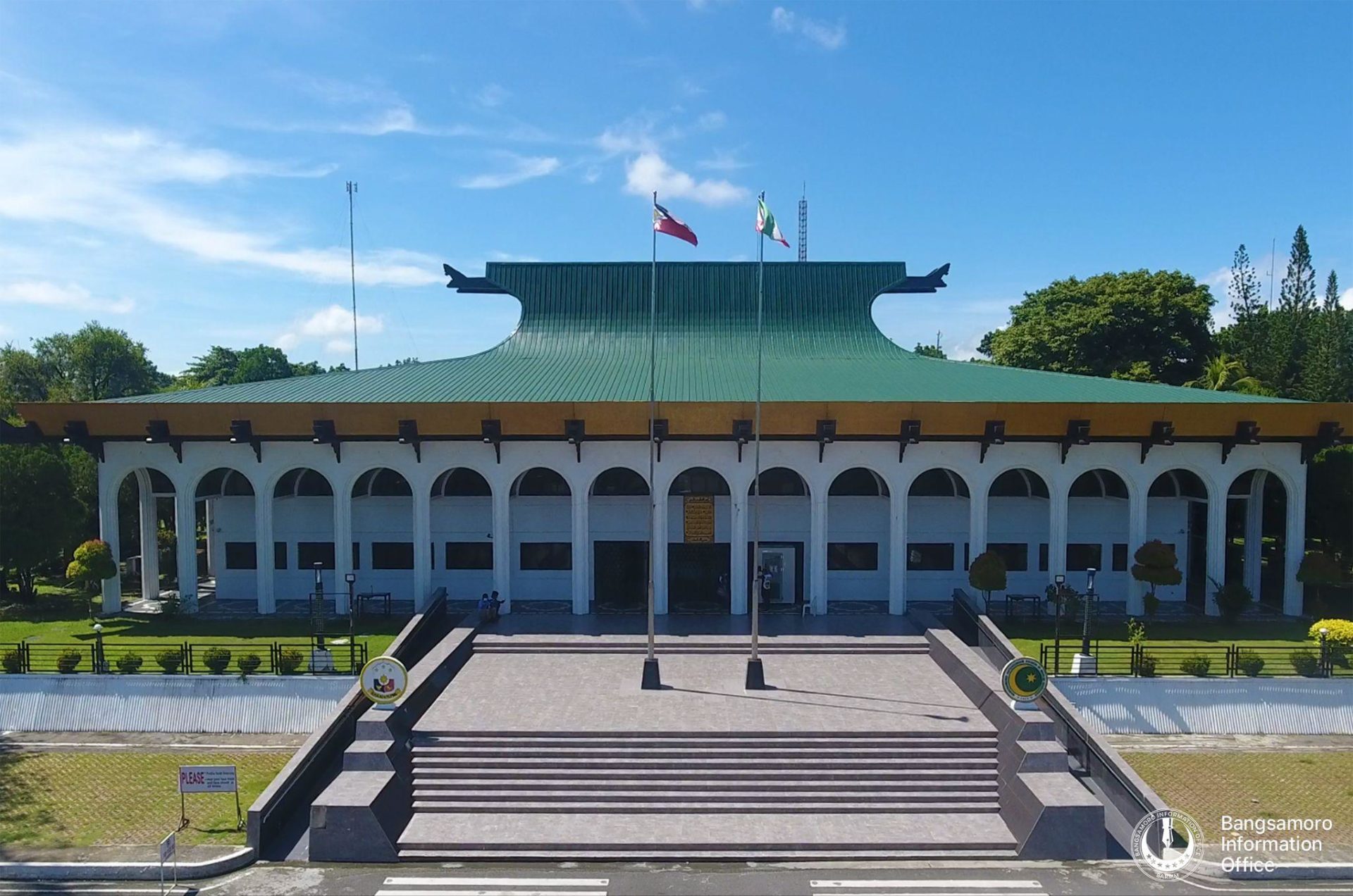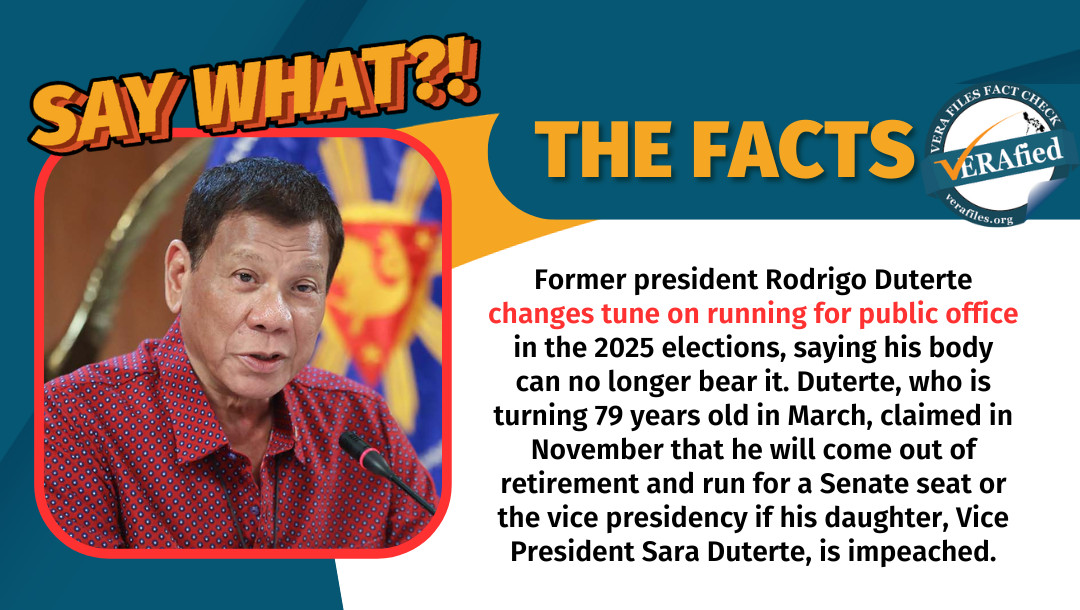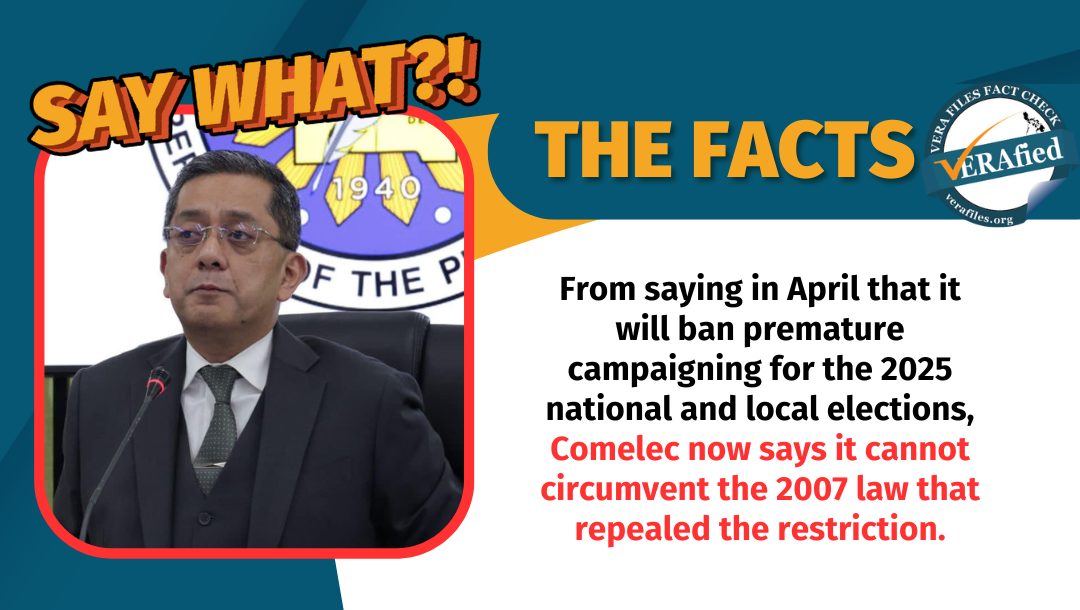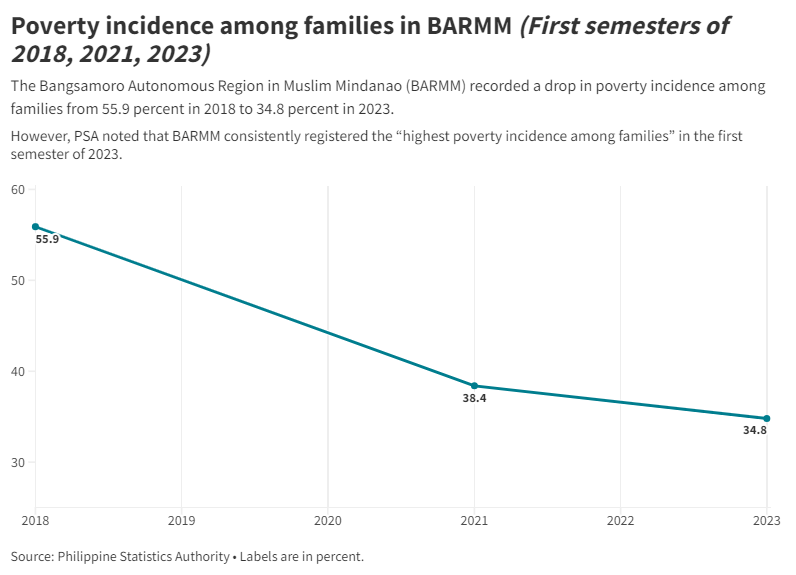Supreme Court (SC) spokesperson Camille Ting told reporters on Nov. 12 that the High Court’s decision to exclude Sulu from the Bangsamoro Autonomous Region in Muslim Mindanao (BARMM) is “immediately executory” since the upcoming elections in the region “cannot be postponed.”
The next day, however, Senate President Francis “Chiz” Escudero said in a press conference that he had met with President Ferdinand Marcos Jr. and discussed the possible deferment of the first regular parliamentary elections in the region in May 2025. The Senate president cited a provision in the Bangsamoro Electoral Code (BEC) and its Implementing Rules and Regulations (IRR), which he considered “unconstitutional.”
While the BARMM interim parliament favors a postponement, various sectors in the region are against it. The issue remains hanging as Malacanang is still studying the matter.
Here are four things you need to know about the controversy:
1. Why are some legislators proposing to defer the 2025 BARMM elections?
The Sept. 9 SC ruling “may require a substantial correction of laws,” Escudero cautioned in Senate Bill No. 2862, which he filed in November 2024 to delay the regional polls by one year. The BARMM elections, originally set for May 2022, were already postponed once.
For instance, the exclusion of Sulu from BARMM creates a vacuum in the regional parliament, where the province was allotted seven out of the 32 district seats, as specified in the Bangsamoro Autonomy Act (BAA) No. 58.
Escudero cited BARMM Parliament Resolution No. 499, which urges Congress to create a new province to be called Kutawato composed of the newly formed municipalities in the BARMM’s special geographic area – Pahamuddin, Kadayangan, Nabalawag, Tugunan, Ligawasan, Malidegao, Old Kabakan and Kapalawan.
The proposal would require the creation of a new legislative district as failure to do so would disenfranchise voters in the eight municipalities in the new province, the Senate president pointed out.
Voters in those municipalities, which were part of Cotabato, were unable to cast their votes for governor, vice governor, mayors and other local posts in the 2022 elections after joining BARMM. These municipalities were already grouped into a lone district under the BAA.
The Bangsamoro Transition Authority (BTA), the interim parliament, started the call for the suspension of the polls through Parliament Resolution No. 641 filed on Oct. 9 to “allow sufficient time to resolve legal issues” and “ensure broader participation of political parties and a full understanding by the Bangsamoro electorate of the new parliamentary election.”
Speaker Martin Romualdez and other congressmen filed a counterpart measure to the Senate bill, HB 11034, on Nov. 5. Both remain pending at the committee level.
Escudero stressed that Section 8 of the BEC, as repeated in Article V Rule II Section 2 of the IRR, is unconstitutional and should be addressed before elections are held.
“Lahat daw ng appointed officials na nag-file ng certificate of candidacy ay hindi considered resigned. Nakalagay din do’n na kung matatalo sila sa eleksyon, hindi daw applicable sa kanila ang one-year ban at pwede silang i-appoint agad,” he said, referring to the BEC provision.
(It says that all appointed officials who have filed their certificate of candidacy are not considered resigned. It also states that if they were to lose in the election, the one-year ban is not applicable to them and they could be appointed immediately.)
This violates Section 2(4), Article IX of the Constitution, which states that “no officer or employee in the civil service shall engage, directly or indirectly, in any electioneering or partisan political campaign.” It also goes against Section 6, which bans candidates who have lost in any election from being appointed to any government position within a year after the polls.
Sections 93 and 94 of Republic Act 7160 or the Local Government Code of 1991 echo these constitutional provisions.
In a Nov. 7 Senate hearing, Presidential Adviser on Peace, Reconciliation and Unity Carlito Galvez Jr., said that postponement will allow the BTA to “refine existing Bangsamoro policies and codes in preparation for the elections.” This is necessary, he said, so these “would not be vulnerable again” to doubts of constitutionality.
2. Why do conflict monitors and watchdog groups oppose the postponement?
Traditional political clans are challenging the leadership of the Moro Islamic Liberation Front (MILF), which dominates the BTA, in the upcoming elections. Experts say the power struggle between these clans and the MILF complicates the political situation in BARMM where some sectors, particularly the youth and non-government groups who want a strong leadership in the region duly elected by the people as soon as possible.
Two organizations for sustainable peace, the Institute for Autonomy and Governance (IAG) and the Climate Conflict Action Asia (CCAA), argue that there is “no legitimate or valid reason” for the proposed delay.
In a Nov. 12 statement, the groups wrote, “A more imminent and serious threat looms behind any action that will frustrate local expectations and demands for immediate change and extend the status quo in a region reeling from mounting violence and corruption.”
They warned that granting such an extension could promote “violent aggression” as the public could view it as a way to silence the people’s will and “a fearful response to an armed group that remains armed and mobilized for combat when needed.”
The Legal Network for Truthful Elections, an electoral reform advocacy group, also wrote in a Nov. 7 statement that “not one of the reasons constitutes a public emergency or other critical exigency demanding a delay.”
Yasmin Abdurahim-Tagorda, an associate professor at the Mindanao State University’s Department of Political Science, said youth leaders she talked to oppose the postponement.
“They want to strengthen ‘yung (the) leadership… If the current leaders ng (of) BTA ngayon mananalo (win), they want them to be legitimized,” she added.
The interim Bangsamoro government’s legitimacy or the constituents’ acceptance of their authority may still raise doubts because they are Malacañang-appointed and not elected by the people, she pointed out.
“So, there’s a constant question na (of) ‘Ba’t kayo nakaupo diyan, ‘di naman kayo ‘yung gusto ng tao?’, (Why are you occupying the office, you’re not the ones the people want?)” said Tagorda.
3. How would a one-year postponement of the election impact peace in BARMM?
There is concern that postponement could erode public trust, hamper the peace effort and add to the already volatile political situation in BARMM.
“Very possible [a]ng violence [on the] ground,” Tagorda warned, noting the tensions between those who are for and those against the postponement even within the MILF.
“Posibleng…‘pag ‘di nila (MILF) nakuha ‘yung seat na naman, ‘di sila na-legitimize, meron diyan, hindi mo makontrol,” she said.
(It’s possible…if they don’t get the seats, if they aren’t legitimized, there are some who can’t be controlled.)
The academic community in the region believes the MILF could lose its parliament seats if the election pushes through next year. Tagorda said that compared to the traditional elite which have strong bailiwicks in BARMM, the MILF has none.
“Hindi pa sila naka-gain ng foothold sa constituency (They have not yet gained a foothold with the constituency,)” she noted, adding that the MILF is afraid that traditional elite groups could take over the BARMM in the 2025 polls.
But Galvez said, “The proposed reset of the election is a strategic effort to address security threats that endanger the success of this (2025) election.”
Giving more time for the decommissioning of firearms from the MILF and Moro National Liberation Front (MNLF) can “guarantee that election-related violence is within the reasonable control of the government,” he explained.
4. How violent is the political situation in BARMM?
Historically, violent incidents in the region increase during and approaching elections. Most affected are the conflict-ridden areas, where the camps of the armed political groups are located.
The CCAA’s 2021-2023 conflict report on Muslim Mindanao noted an increase in violent incidents related to clan feuding between 2019 and 2023 compared to previous years. The report highlighted that violent conflict was “on a rebound” two years after the Bangsamoro Organic Law was passed in 2018 and a decade after the 2014 peace agreement.
“The long view of violence clearly shows an upturn in the trendline starting in 2021,” it read.
At least 2,439 conflict incidents were recorded in 2020. This rose to 2,752 in 2021, dipped to 2,296 in 2022 and rose slightly to 2,475 in 2023.
The documented deaths followed an upturn trend with 791 in 2020, 668 in 2021, 677 in 2022 and 760 in 2023.
A total of 237 deaths and 277 incidents of political violence were recorded from 2020 to 2023 involving actors affiliated with the MILF, MNLF, Bangsamoro Islamic Freedom Fighters breakaway group and the New People’s Army.
The report also noted that because there was “no genuine decommissioning [or] demobilization” of MILF forces,” violence continued and “thrived” under its leadership.
From 2020 to 2023, a total of 43 deaths and 37 incidents involving feuding clans within the MILF and with those outside the organization.
